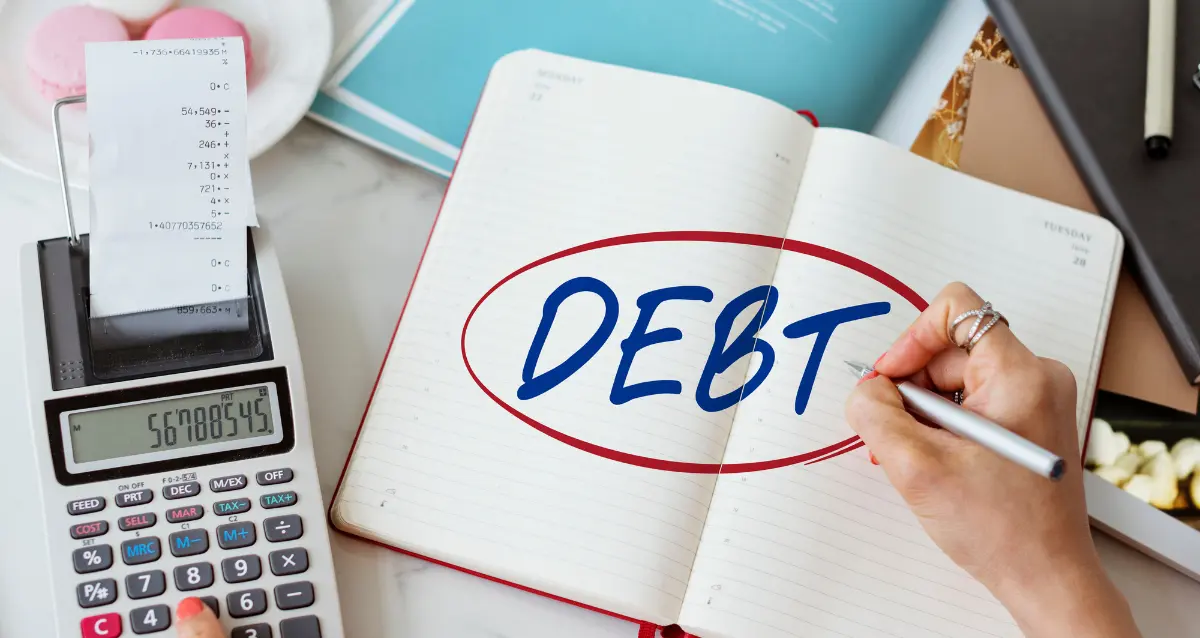Commercial Debt Collection & Business Debt Recovery

Why Corporate Debt Recovery?
Our debt recovery approach is straightforward: if a client is owed money, we ensure its return. Our commercial debt collection service operates No Collection, No Commission debt collection. No contracts or setup fees, just complete our new debt claim form, send us your invoices and we get to work.
We employ highly skilled agents with over 15 years of experience in commercial debt recovery. This expertise allows us to understand debtors’ thought processes and actions, enabling us to employ effective practices that yield results.
Debt disputed? We can Help!
Business Invoice disputes between a company and its customers are not uncommon, but they can be prevented or resolved through effective communication, transparency, and accountability.
We can work with you as an independent and neutral third-party mediator and discuss with both parties to settle the dispute and reach a settlement, or if this is not possible, narrow the issues in dispute between the parties.
We cater to a diverse range of business sectors, including construction, manufacturing, healthcare, finance, automotive, and recruitment. Our customers include small and medium-sized enterprises (SMEs) as well as large corporate companies.
Our services cover the entire United Kingdom, with a presence in all major cities. Here’s what you can expect when you choose our debt collection services:
- We will promptly acknowledge receipt of your enquiry.
- One of our experienced debt collection agents will contact you by phone to discuss your case.
- We will work with you to agree on the best debt recovery solution for your situation.
- A dedicated collection agent will be assigned to your case to ensure personalized attention.
- You can conveniently submit your files to us via email.
- We will commence debt collection action immediately upon receiving your files.
- Once payment is received, we will promptly remit your funds to you via BACS.
